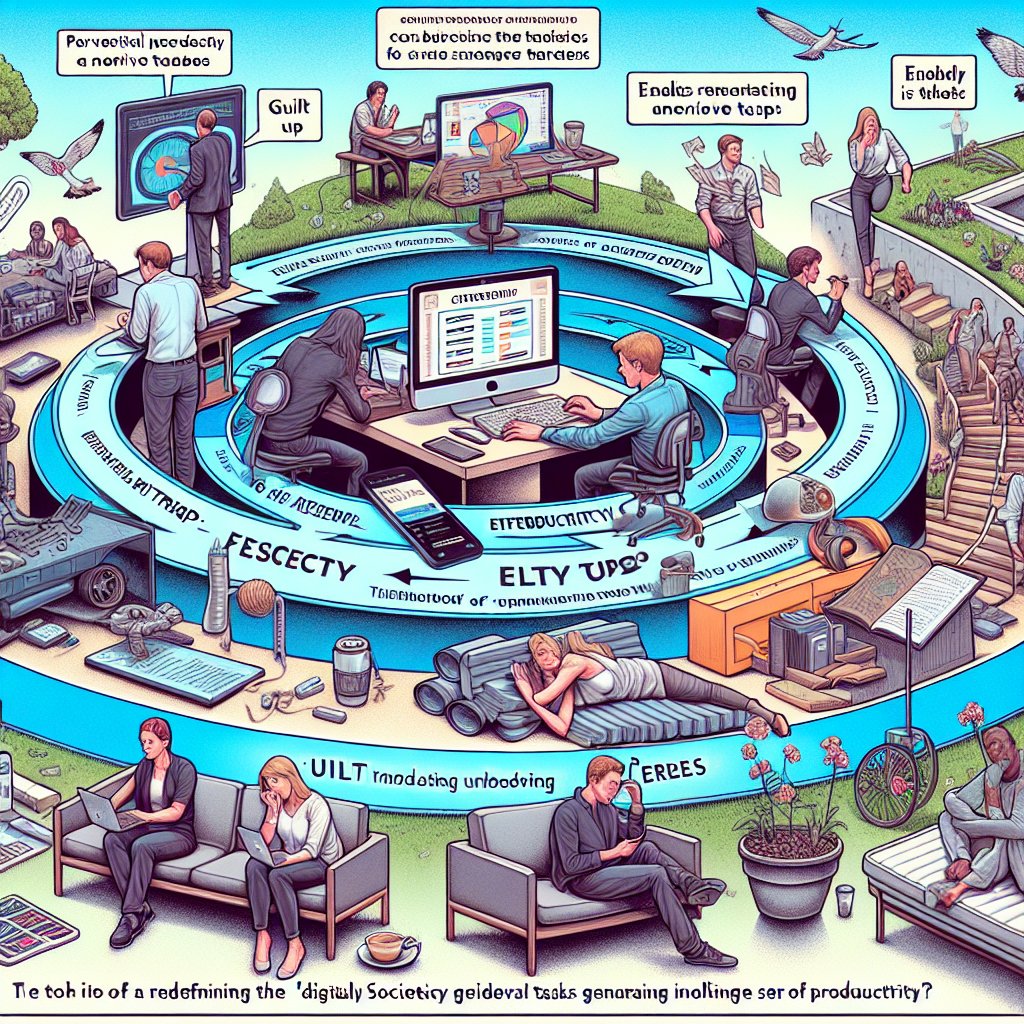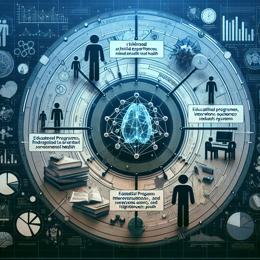Image: AI generated for illustration purposes
The Dangerous Obsession with Hyper-Productivity: A Call to Balance Work and Well-being
In today's digitally driven society, the pursuit of productivity has reached what some might consider a fever pitch. With an endless stream of articles, videos, and posts about optimizing output, the concept of productivity has not only become ubiquitous but also, according to some experts, potentially toxic.
Sisyphus55, a noted Philosophy YouTuber, has voiced strong criticism of what he refers to as the "cult of productivity." He argues that in chasing an ever-escalating series of tasks, individuals fall into what Oliver Burkeman has termed the "efficiency trap," where the completion of one task only leads to more tasks, creating a cycle that never truly ends. This relentless pursuit of efficiency can lead to a sense of perpetual inadequacy and ongoing stress.
According to Sisyphus55, the idea that we can dominate our to-do lists and rise above life's endless challenges by merely being more productive is fundamentally flawed. Life is inherently filled with ongoing issues to resolve, and believing that increased efficiency will lead to a state of control or contentment is a myth. Moreover, this incessant drive for productivity has ironically been linked to feelings of laziness and poverty by the creator of the YouTube channel How Money Works, who suggests that non-stop work takes a toll on human nature, which yearns for balance and rest.
Signs of toxic productivity can manifest as feelings of guilt for taking breaks or indulging in rest, as well as a nagging sense of being constantly behind or dreading upcoming tasks. This can be symptomatic of a deeper problem—burnout. Recognized by the World Health Organization (WHO) as an occupational phenomenon, burnout reflects a serious imbalance between the demands of work and a person's capacity to cope with those demands.
Despite the many proponents of productivity-enhancing strategies who claim such methods lead to greater success, they should perhaps be approached with caution. While some individuals may thrive under a regime of structured routines and efficiency hacks, one size does not fit all when it comes to work habits. The danger arises when the push for productivity ignores individual limits and the importance of rest, leading to detrimental effects on mental and physical health.
Given these concerns, there is a growing call for a reassessment of our relationship with work and how we define productivity. Instead of a relentless drive for more, we need an embrace of measures that promote well-being, balance, and a sustainable approach to work that recognizes the human need for rest and recovery.
Ultimately, it may be time to redefine what it means to be productive—not as the ability to accomplish an endless list of tasks but as the capability to work effectively while maintaining a healthy work-life balance. By doing so, we can avoid the pitfalls of the so-called "productivity cult" and foster environments that promote long-term sustainability and well-being.










